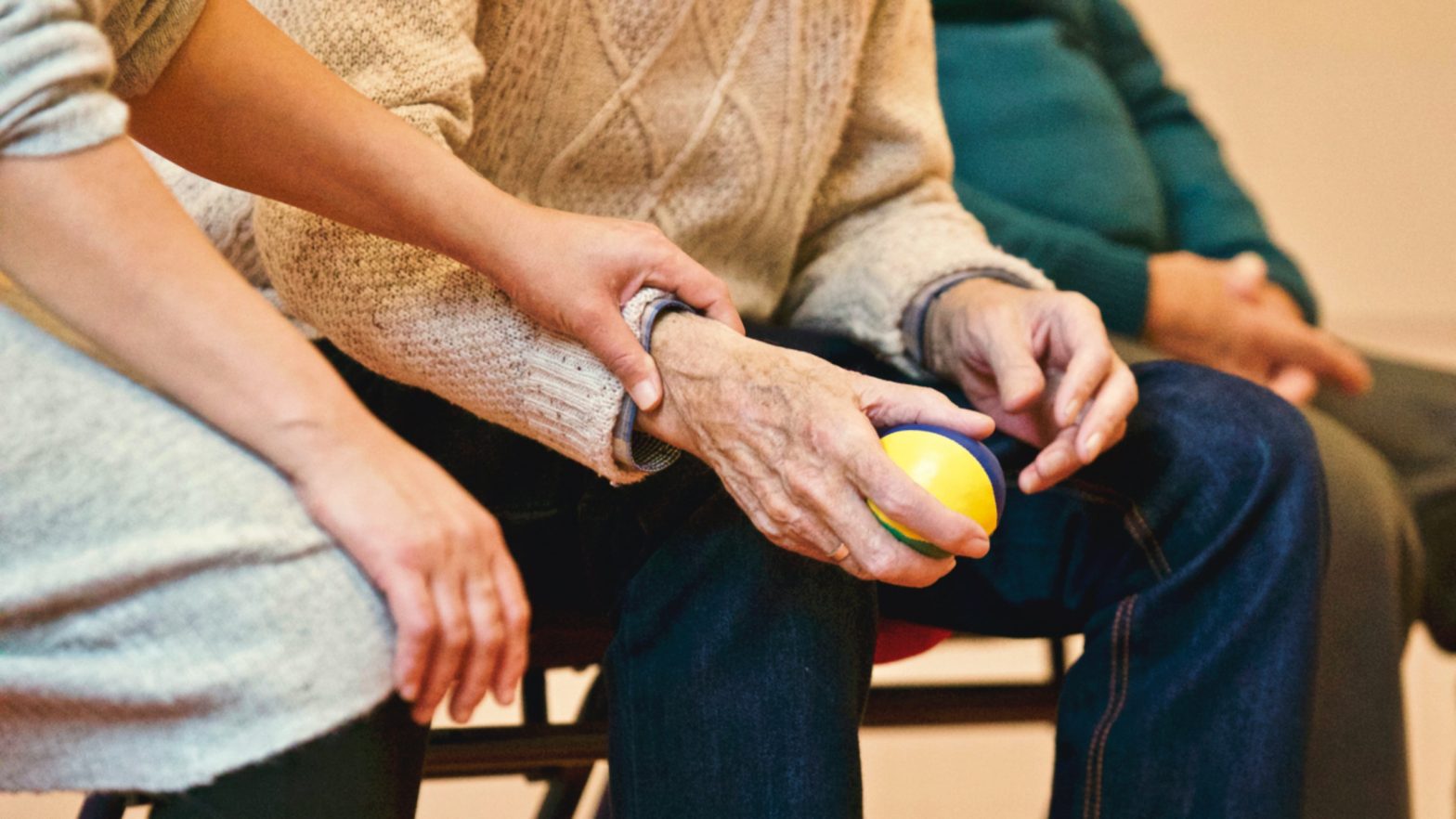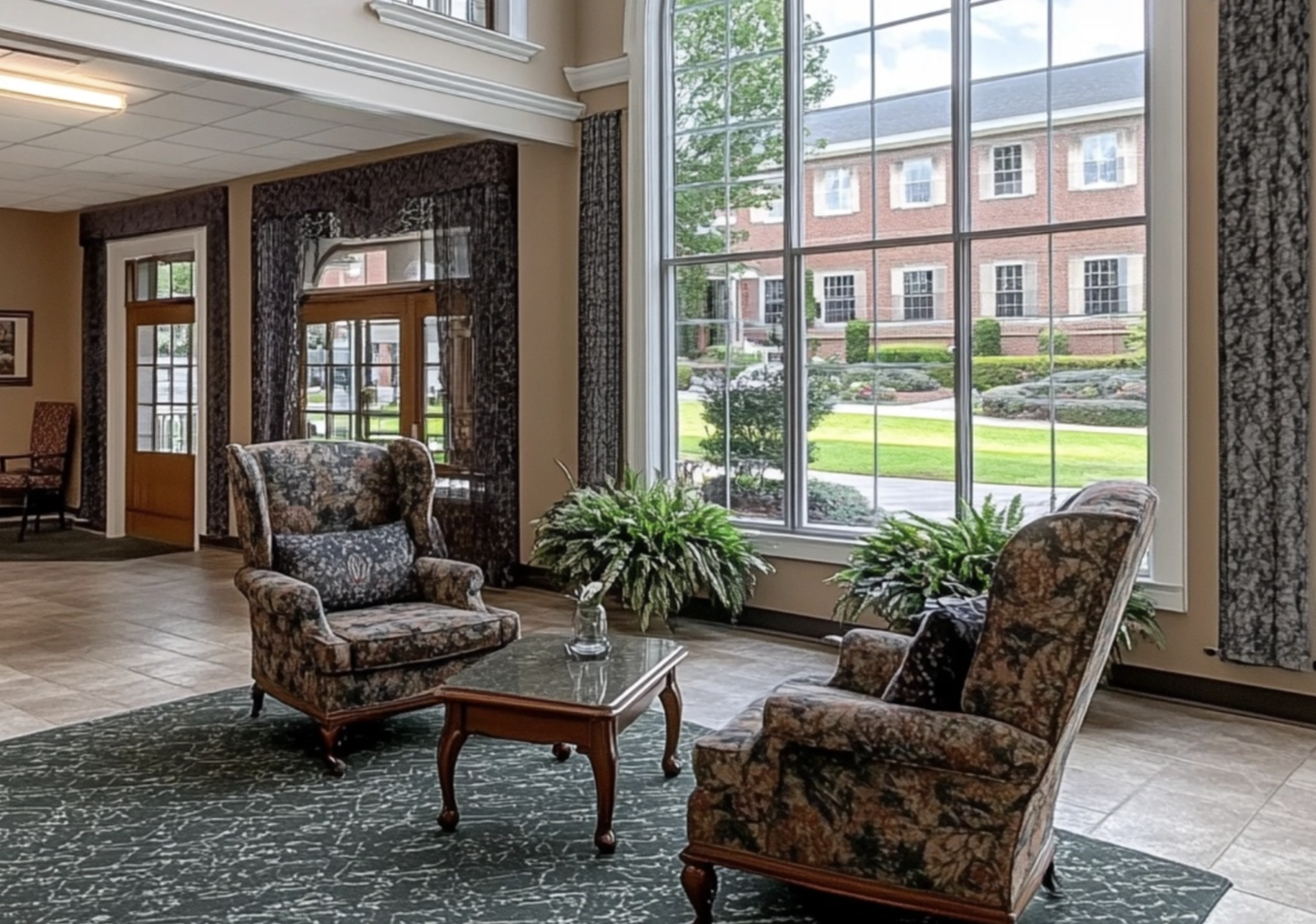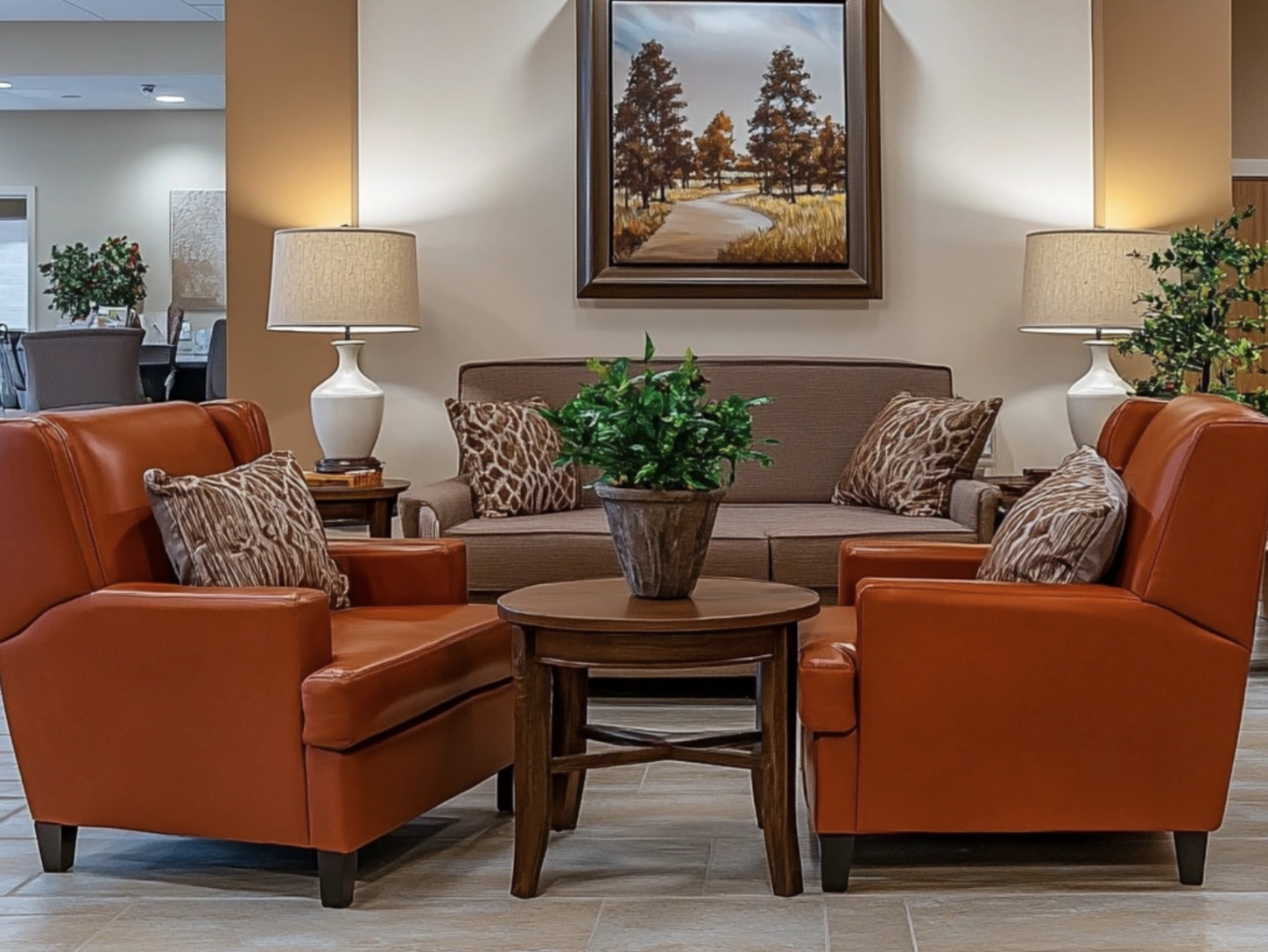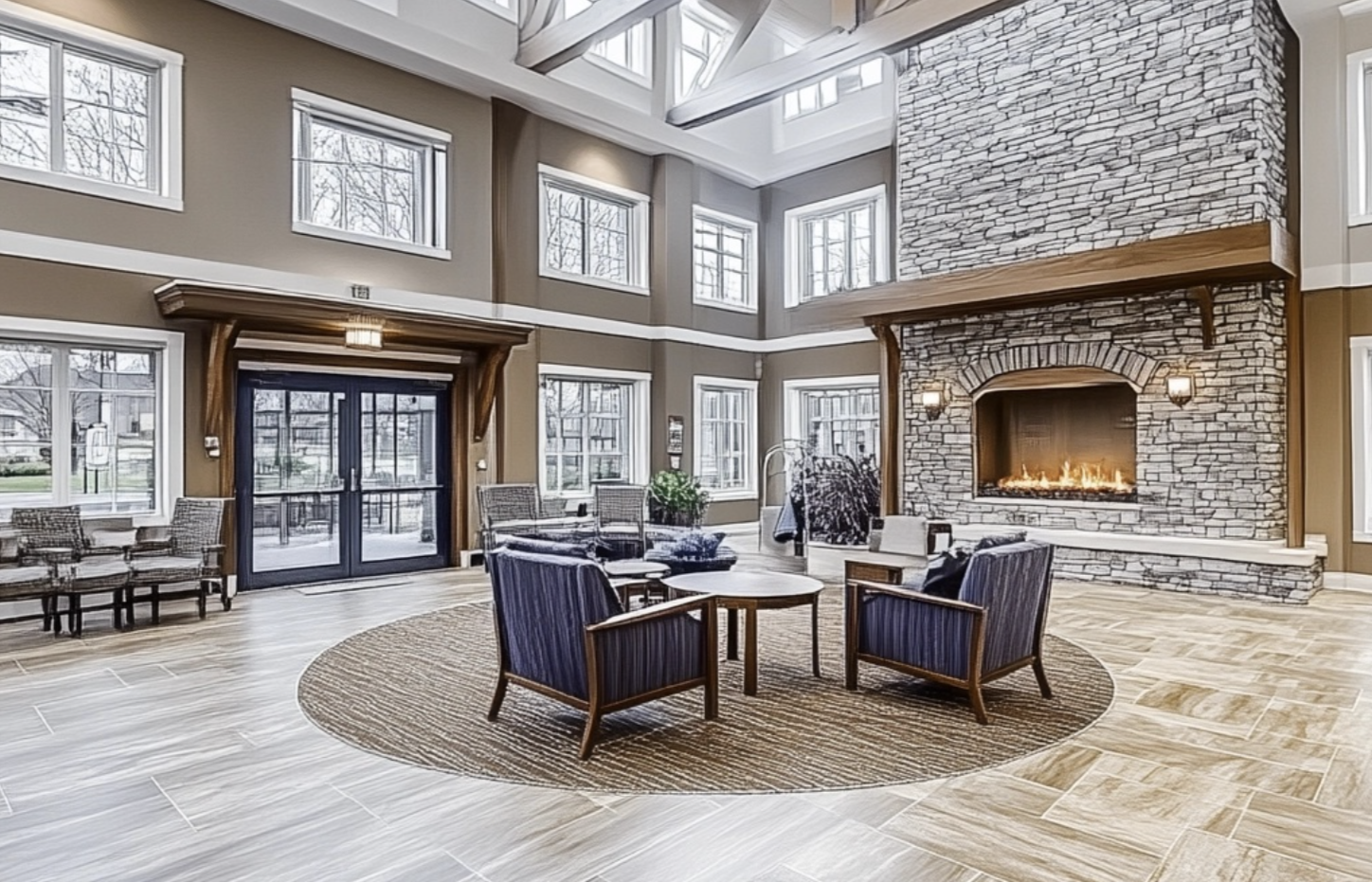A Comprehensive Guide
Introduction
As our loved ones age, ensuring they receive the right care becomes a priority. While there are various options available, personalized care stands out as a game-changing approach that enhances overall well-being and fosters independence. This article aims to provide a comprehensive guide to personalized care options for seniors, offering insights into the benefits, considerations, and different types of care available.
The Importance of Personalized Care
Personalized care recognizes that every individual has unique needs and preferences. By tailoring care plans to meet these specific requirements, seniors can receive the support and assistance they need to age gracefully and maintain a high quality of life. This approach takes into account various factors, including medical conditions, mobility limitations, cognitive abilities, and emotional health, ensuring that care is provided in a comprehensive and individualized manner.
Addressing Senior-Specific Requirements
One of the fundamental aspects of personalized care is addressing senior-specific requirements. A comprehensive assessment is conducted by trained professionals, such as geriatric care managers or nurses, to gain a deeper understanding of each senior’s unique needs. This assessment forms the foundation for developing a customized care plan that caters to their specific circumstances. By considering factors like medical conditions, mobility limitations, cognitive abilities, and emotional health, personalized care ensures that seniors receive the tailored support and assistance they require.
Promoting Physical Health
Regular physical activity plays a vital role in maintaining and improving seniors’ physical health. Personalized care places great emphasis on promoting physical well-being by designing exercise routines that cater to seniors’ abilities. Caregivers collaborate with healthcare professionals to develop activities that enhance strength, flexibility, and balance. Additionally, caregivers provide assistance with daily activities such as bathing, grooming, and medication management, enabling seniors to maintain their independence and age gracefully in the comfort of their own homes.
Nurturing Emotional Well-being
Beyond physical health, personalized care recognizes the importance of emotional and mental well-being for seniors. Caregivers establish meaningful connections with seniors, fostering trust, companionship, and emotional support. Engagement in stimulating conversations, memory games, puzzles, and other activities provides mental stimulation and combats feelings of loneliness and cognitive decline. By addressing seniors’ emotional needs, personalized care aims to enhance their overall well-being and promote a sense of fulfillment and happiness.
Implementing Best Practices and Innovations
Personalized care for seniors places a strong emphasis on implementing best practices and incorporating innovative approaches. Care providers stay informed about the latest research findings and advancements in geriatric healthcare and caregiving, continuously updating their knowledge and skills. By integrating evidence-based practices into their caregiving routines, caregivers ensure that the care they deliver is aligned with the highest standards. This commitment to staying current with best practices and embracing innovations enhances the quality and effectiveness of in-home care services, ultimately leading to improved well-being outcomes for seniors.
Collaborative Approach for Comprehensive Care
Recognizing the complexity of senior care, personalized care adopts a collaborative approach that involves various stakeholders. Family members, healthcare professionals, and other support systems play essential roles in the well-being of seniors, and their input is valued and sought after. Caregivers actively communicate and coordinate with these stakeholders to ensure a comprehensive and holistic care experience for seniors. By bringing together the collective wisdom and experience of various stakeholders, personalized care optimizes the well-being and satisfaction of seniors. This collaborative approach also allows for ongoing adjustments to the care plan as seniors’ needs evolve over time, ensuring that their changing requirements are met and prioritized.
Different Types of Personalized Care Options
- Aging in Place:
- Aging in place is preferred by many seniors, as it allows them to remain in the comfort of their own homes.
- Modifications may be necessary to make the home more functional and accessible, such as installing grab bars or ramps.
- Seniors can receive care through visits from family caregivers or hired senior caregivers, depending on their needs and preferences.
- Technology can also play a role in reducing loneliness and isolation for seniors choosing to age in place.
- Family Caregiving:
- Family caregiving involves relying on family members to provide care for seniors.
- This option can vary depending on the family’s circumstances, with some seniors aging in place with regular visits from family caregivers, while others may move into a family member’s home.
- It is important to consider the availability and ability of family caregivers to provide the necessary care and support.
- Active Communities:
- Active adult communities provide independent housing options for seniors.
- These communities typically offer social services and recreational activities to support seniors’ well-being and provide opportunities for socialization.
- They are best suited for independent seniors who want a home-like environment with a built-in community.
- Independent Living:
- Independent living communities provide more structure and on-site services compared to active communities.
- Residents can enjoy amenities such as dining, social activities, and fitness centers.
- This option is suitable for seniors who are still independent and do not require assistance with daily tasks or medical care.
- Continuing Care Retirement Communities (CCRCs):
- CCRCs offer multiple levels of care on a single campus, allowing residents to transition from independent living to assisted living or skilled nursing care as needed.
- This option provides stability and convenience for seniors who want to remain in the same community as their needs change over time.
- Costs can vary depending on the type of contract and level of care required.
Conclusion
Personalized care options for seniors have revolutionized the way we support and care for the aging population. By tailoring care plans to meet individual needs, personalized care enhances overall well-being, fosters independence, and promotes a high quality of life. From addressing senior-specific requirements to promoting physical health, nurturing emotional well-being, and implementing best practices and innovations, personalized care offers comprehensive and tailored support for seniors. By adopting a collaborative approach and considering different types of care options, families can make informed decisions to ensure their loved ones receive the best possible care in a manner that aligns with their needs, preferences, and values.
Disclaimer: The information provided in this article is for informational purposes only and should not be considered as medical or professional advice. Please consult with a healthcare professional or geriatric care specialist for personalized guidance and recommendations.












